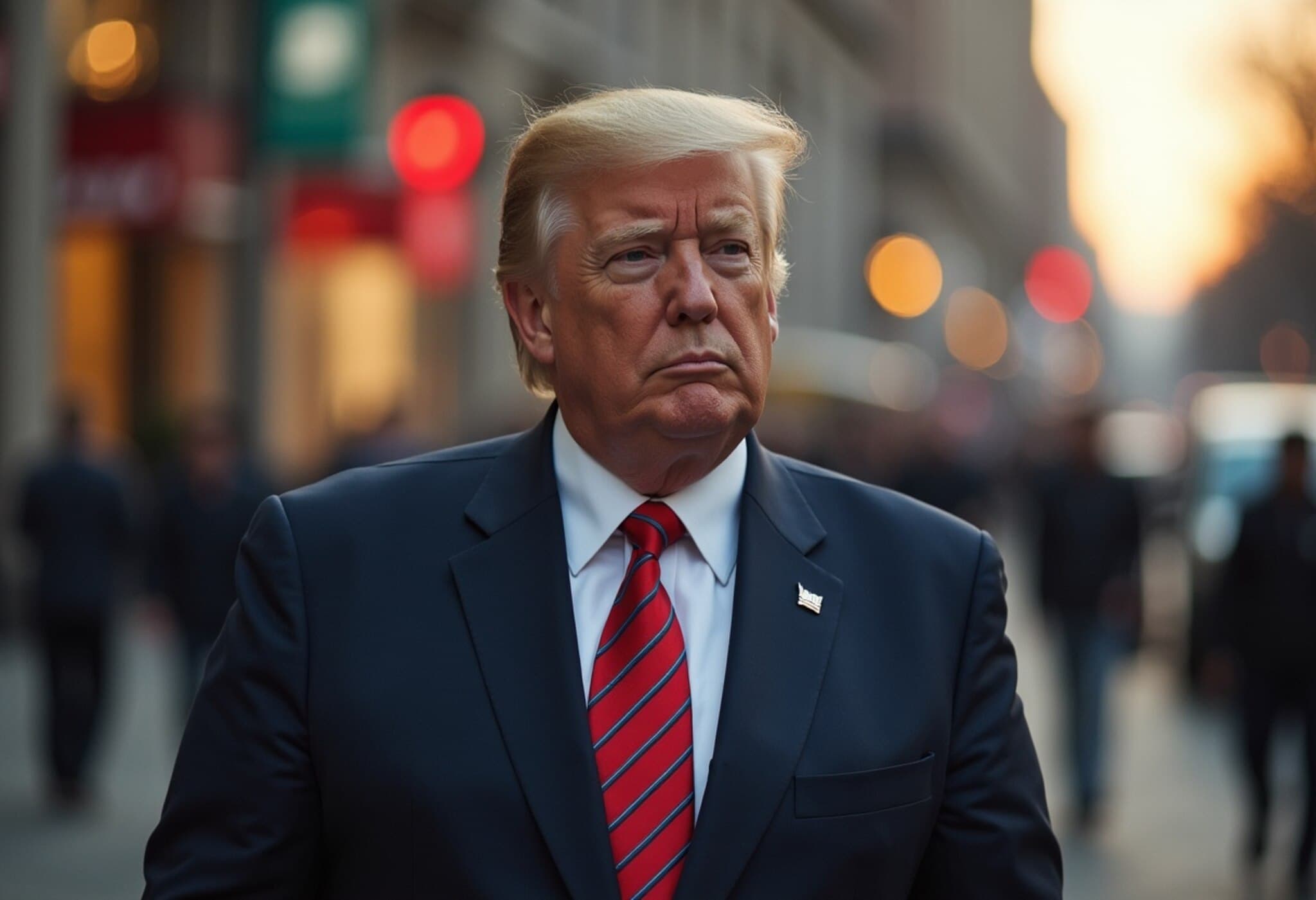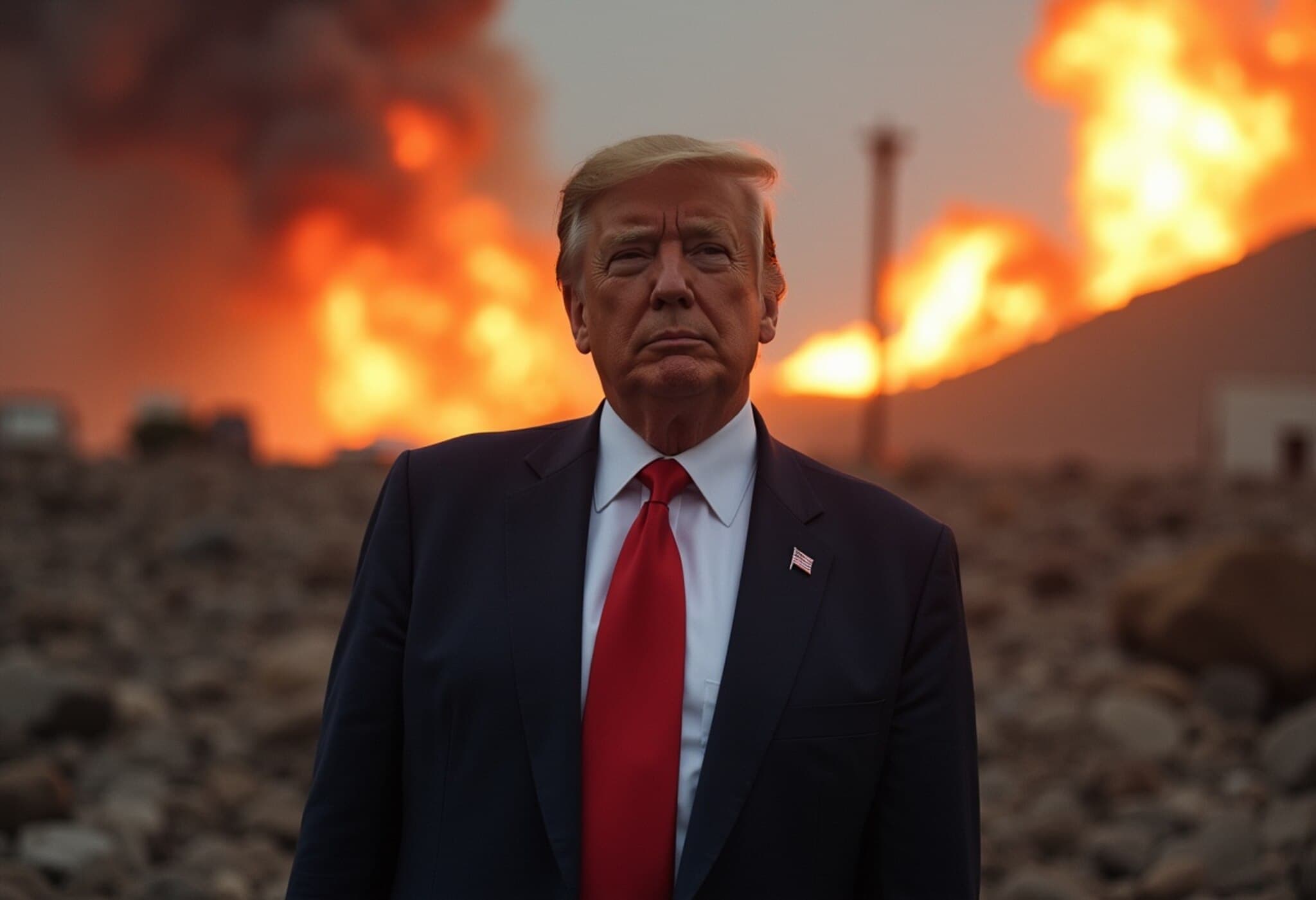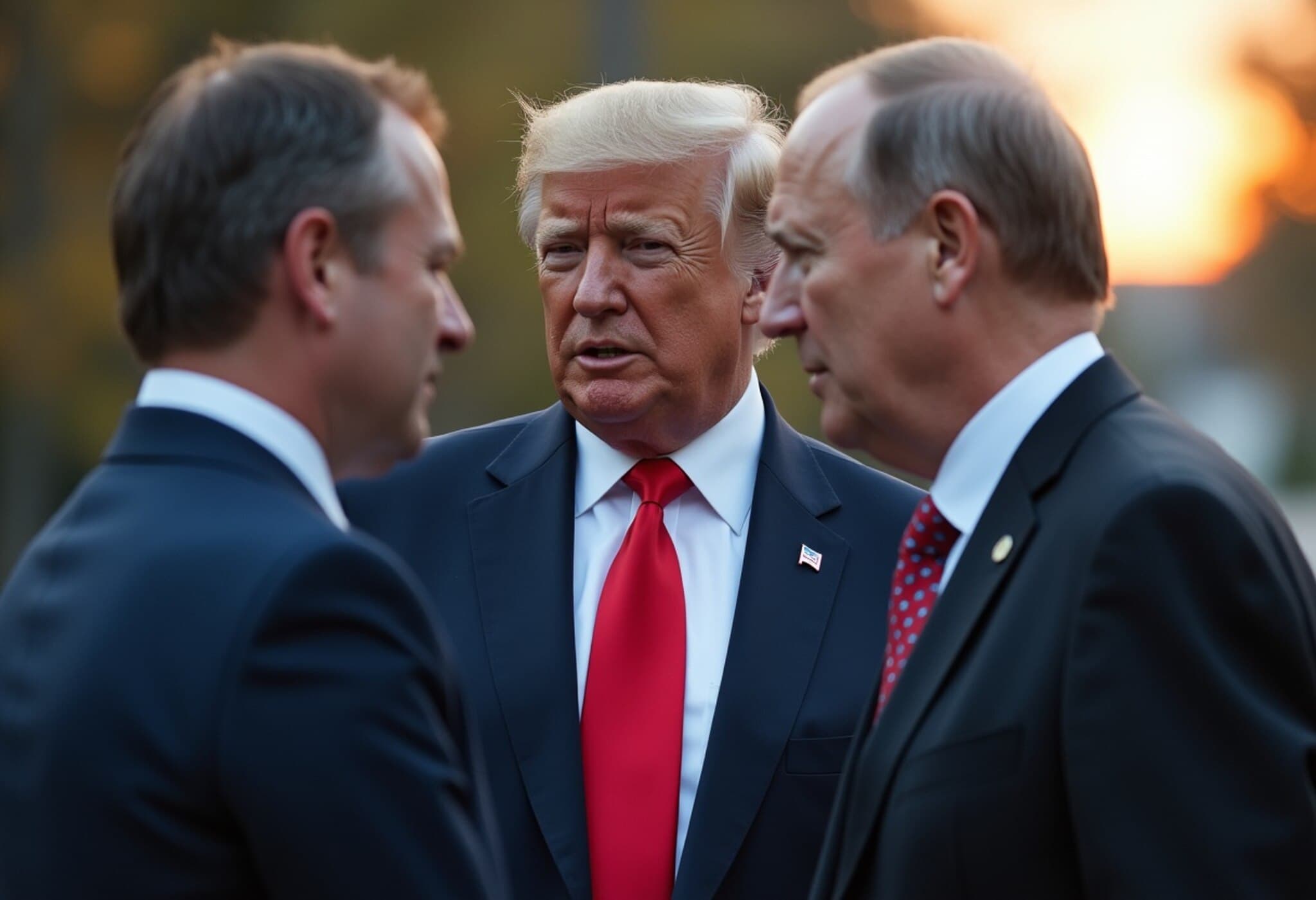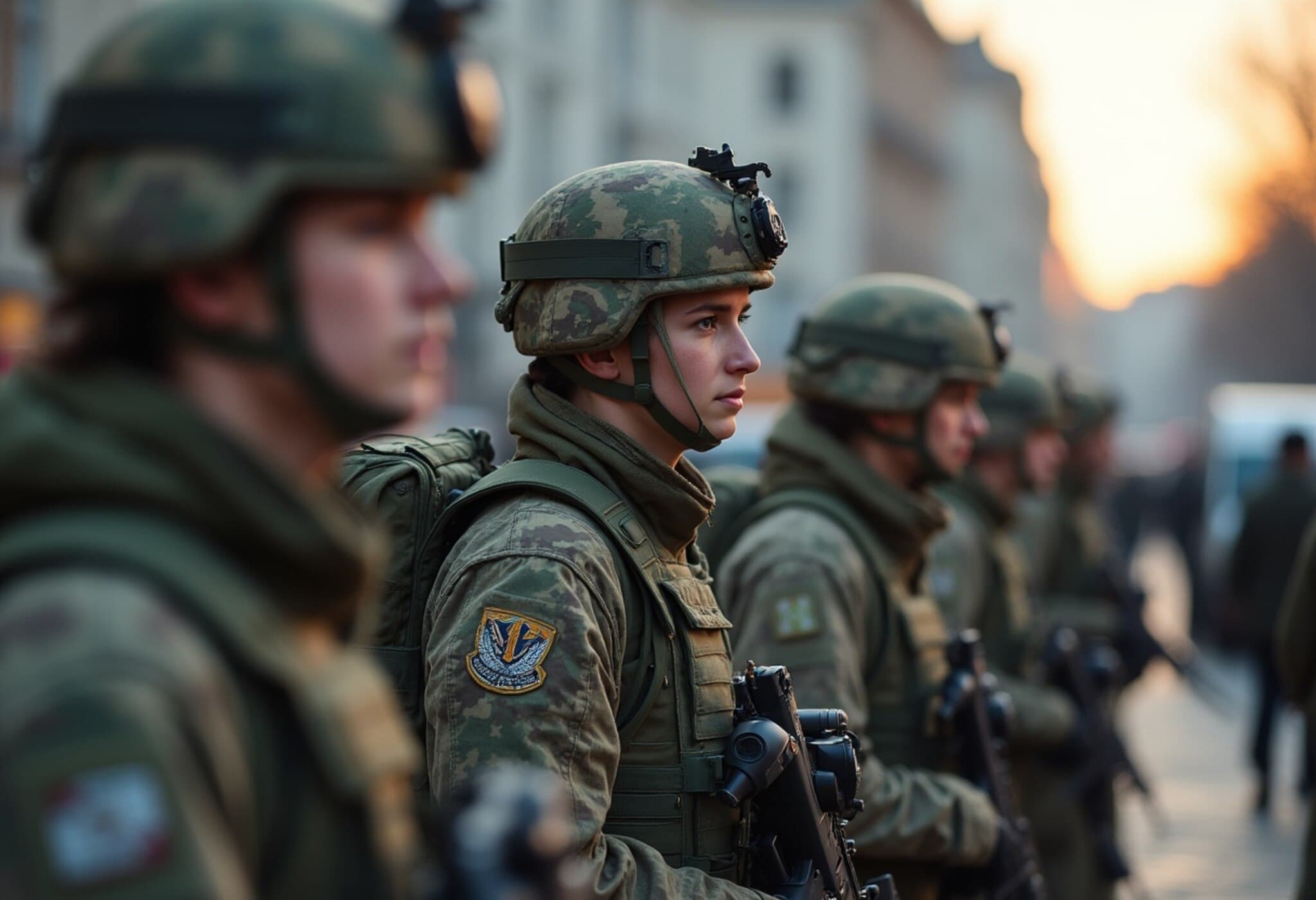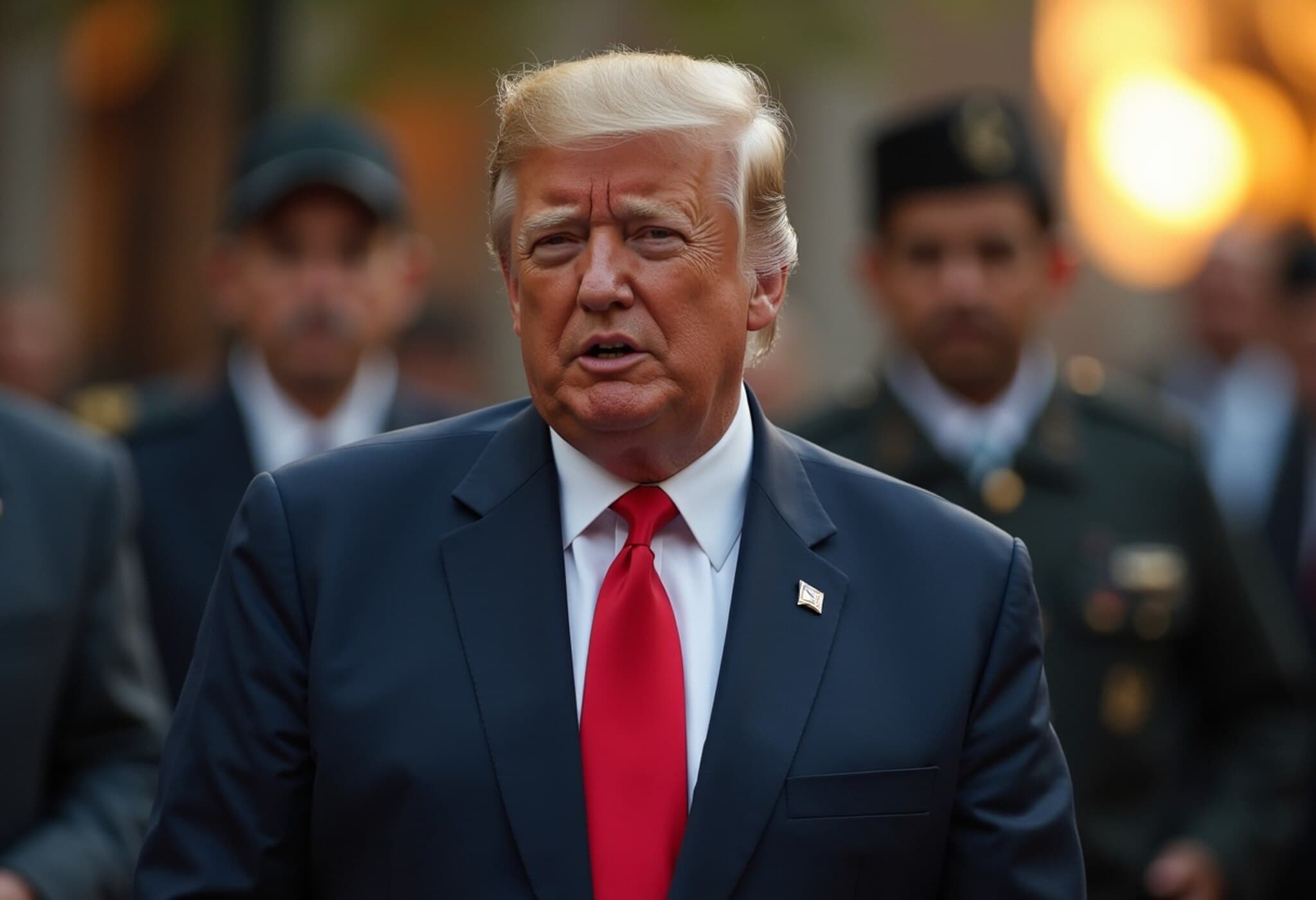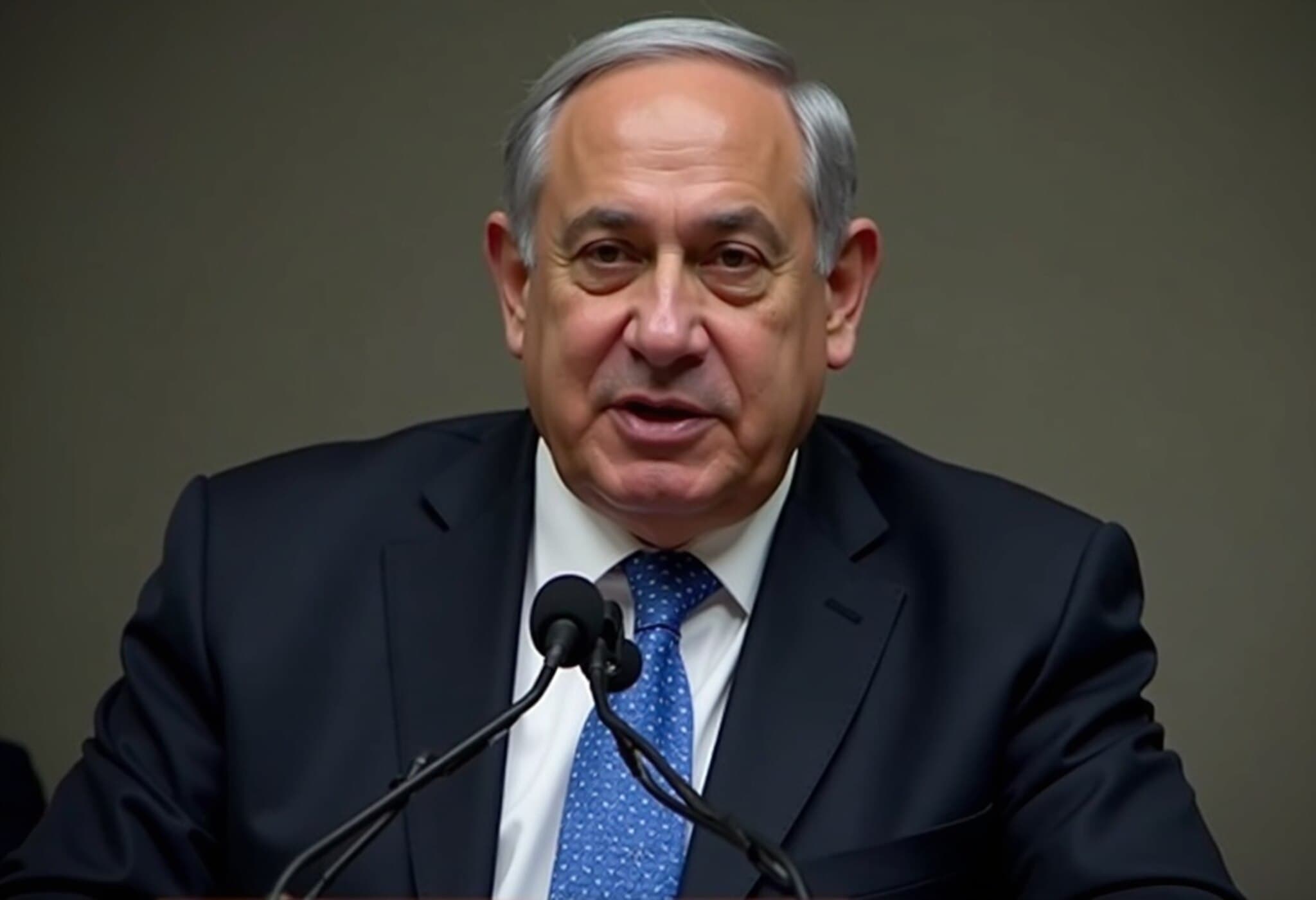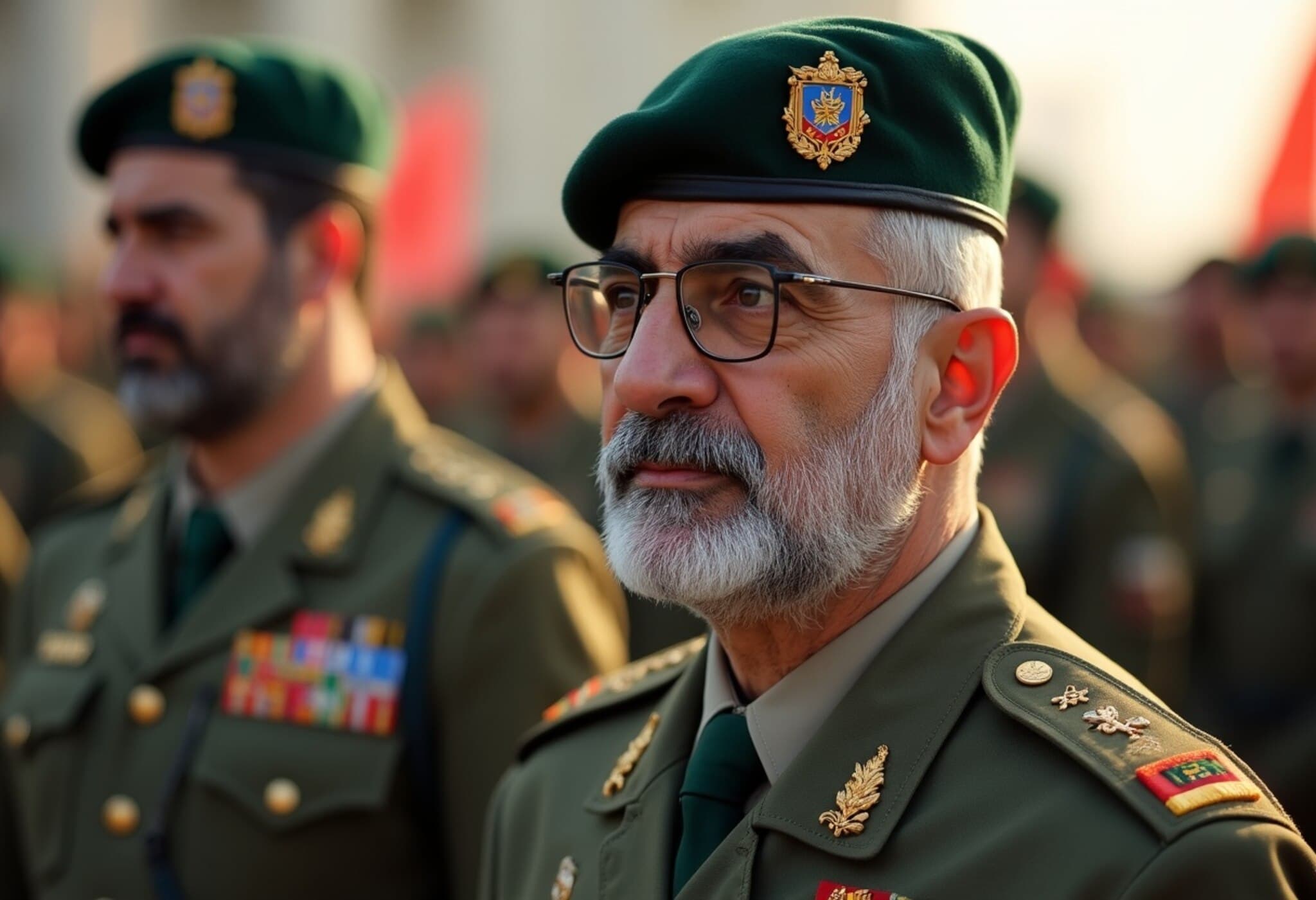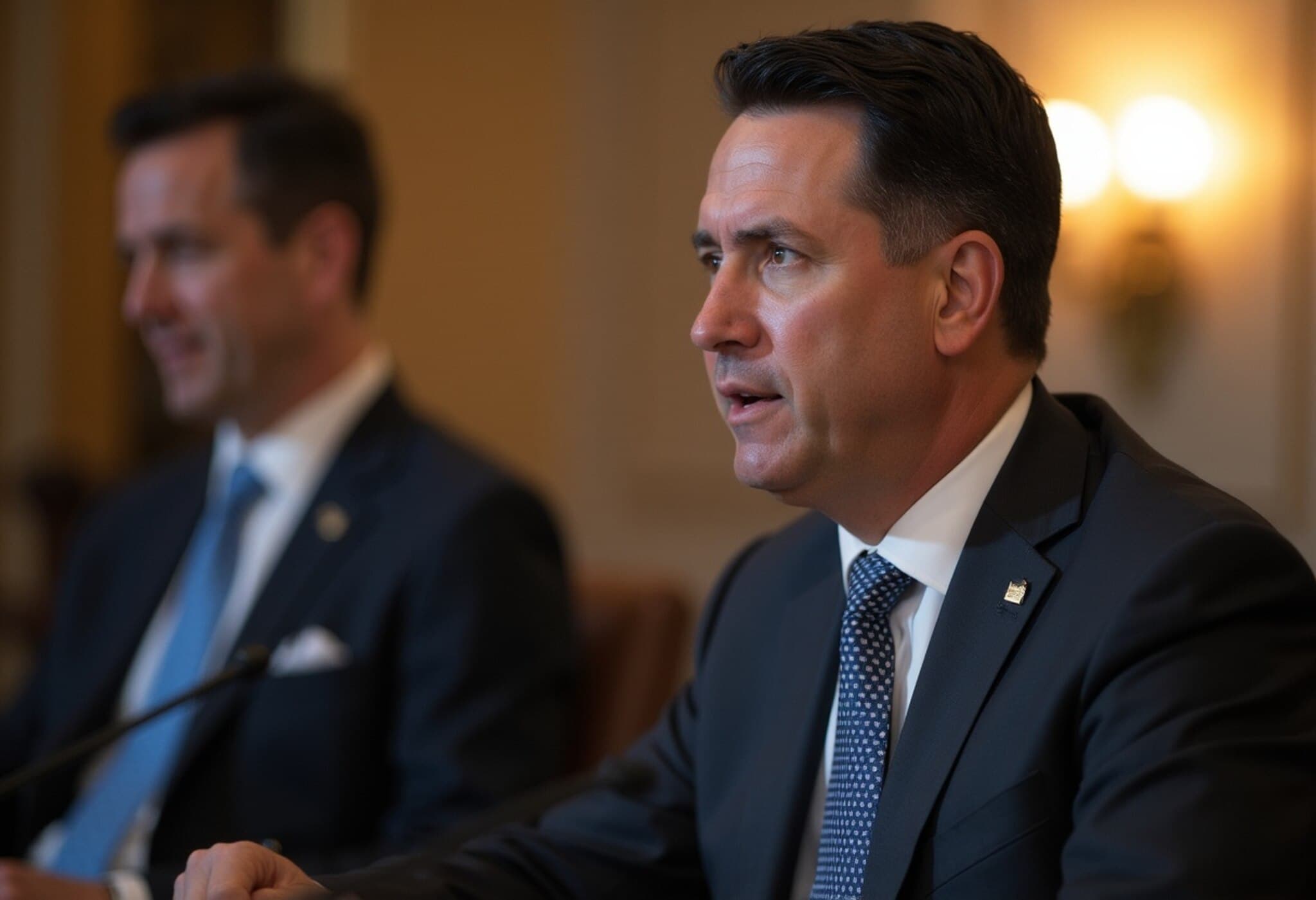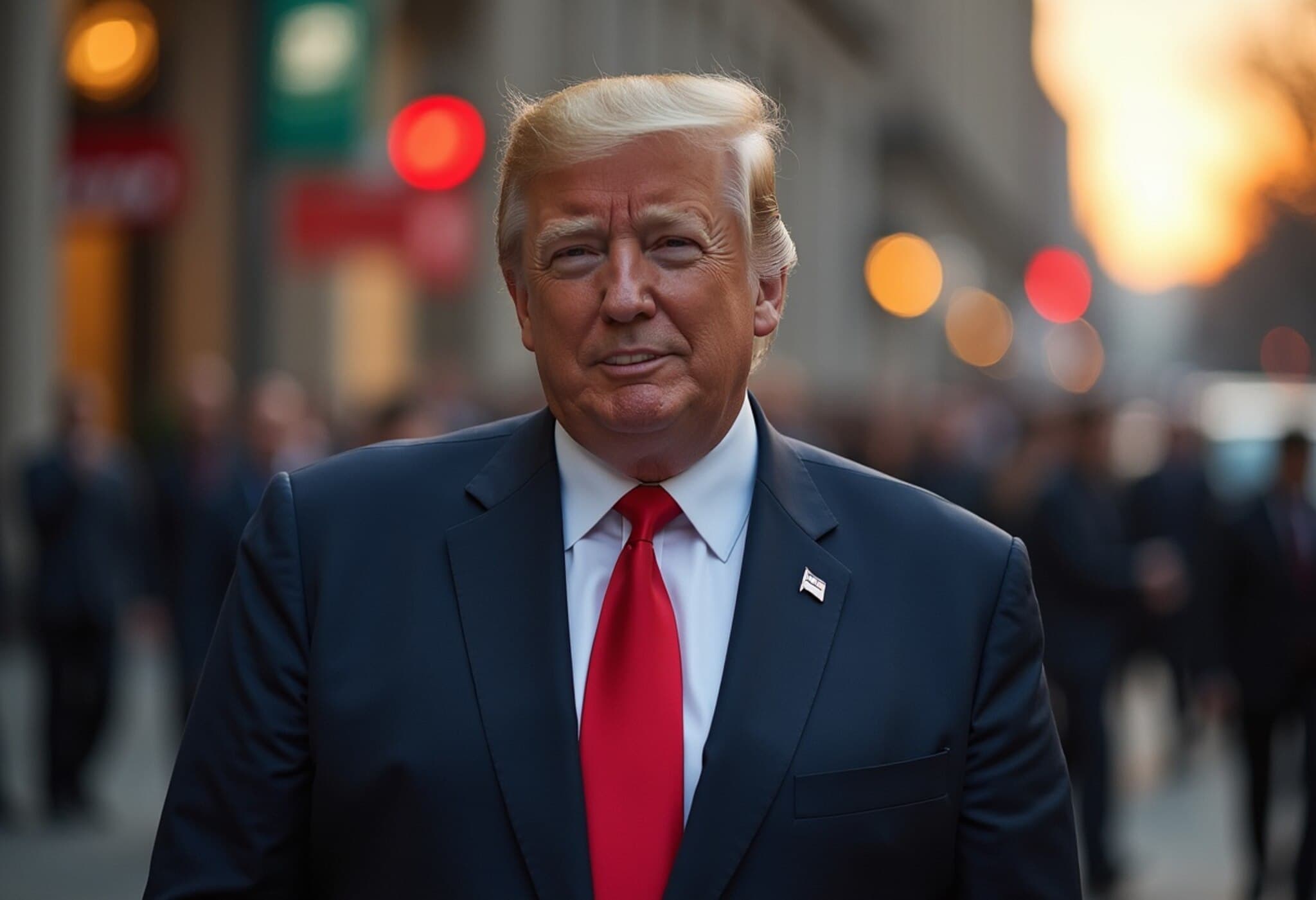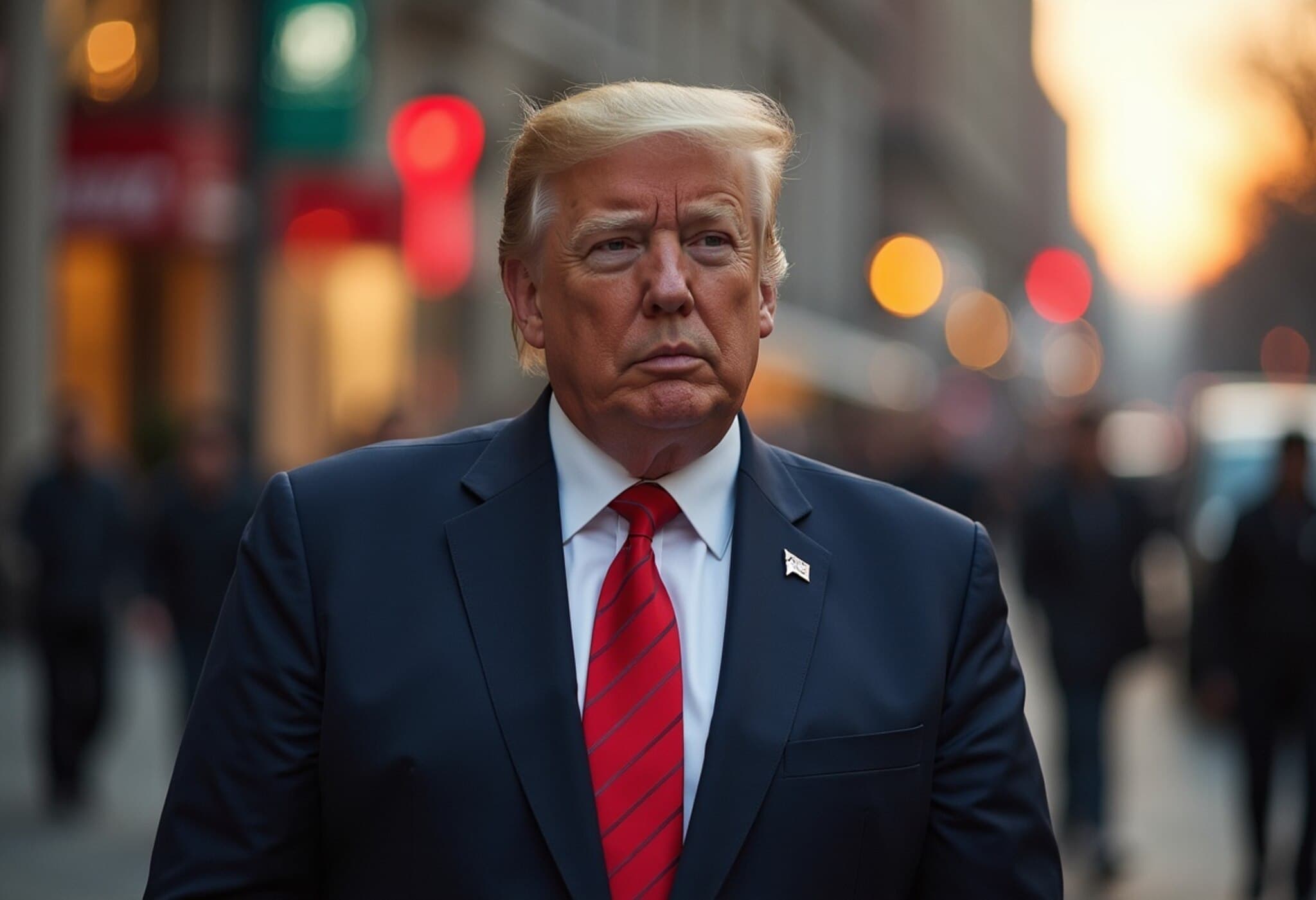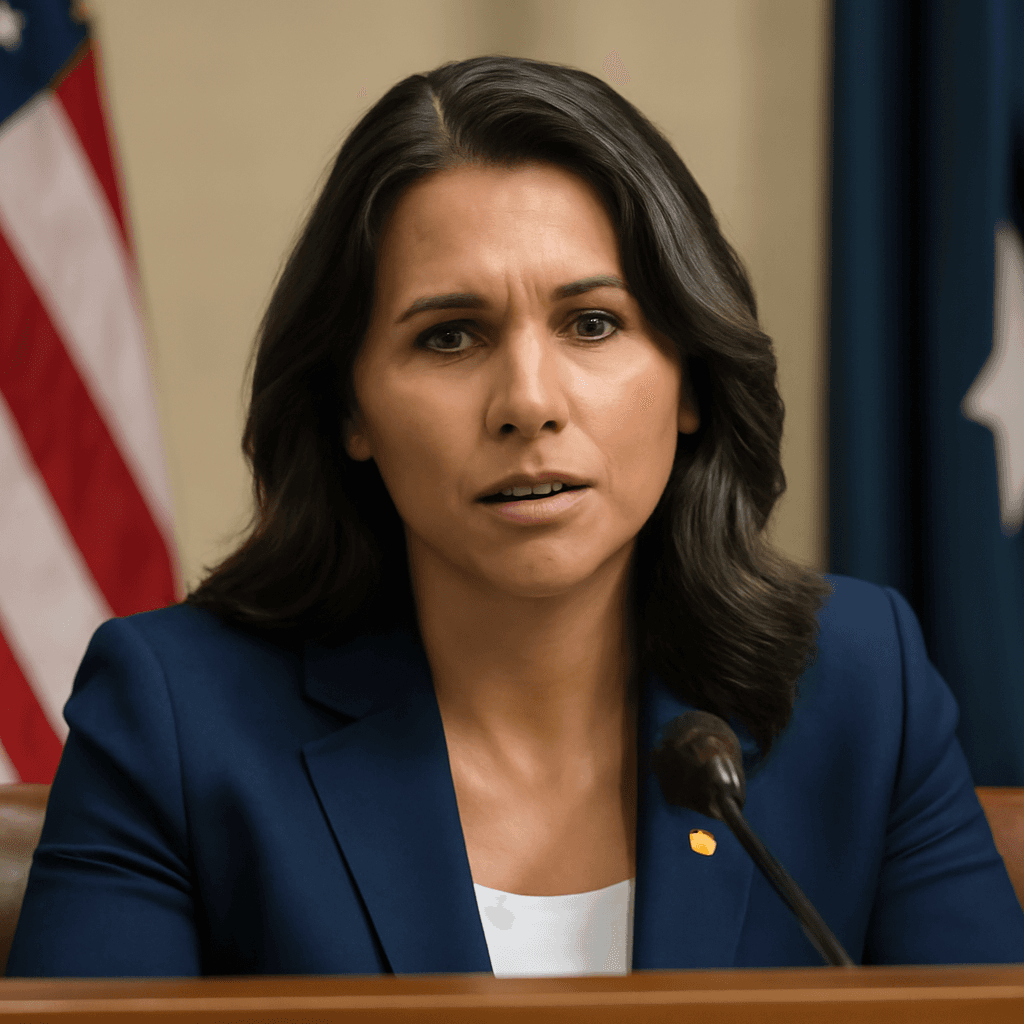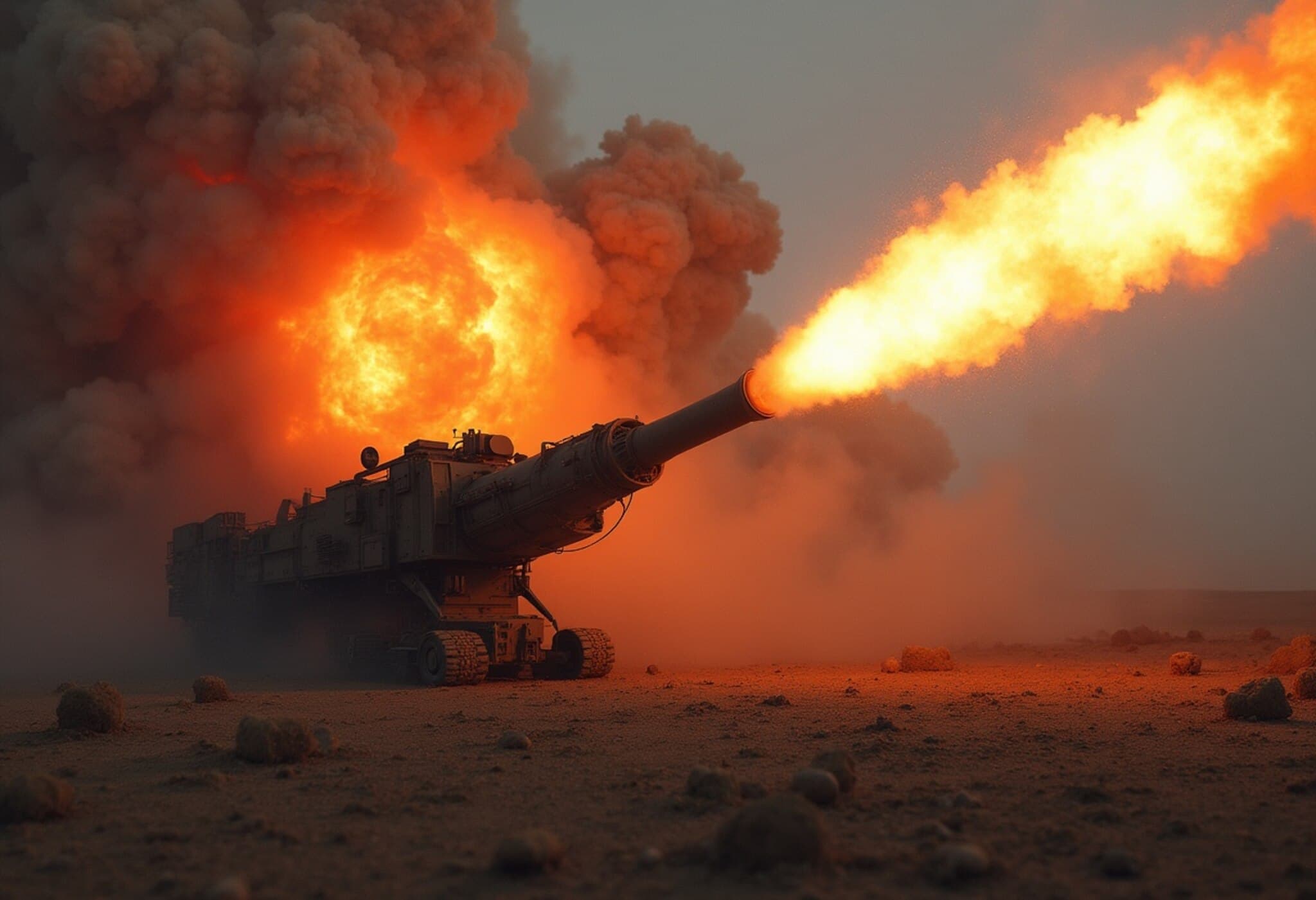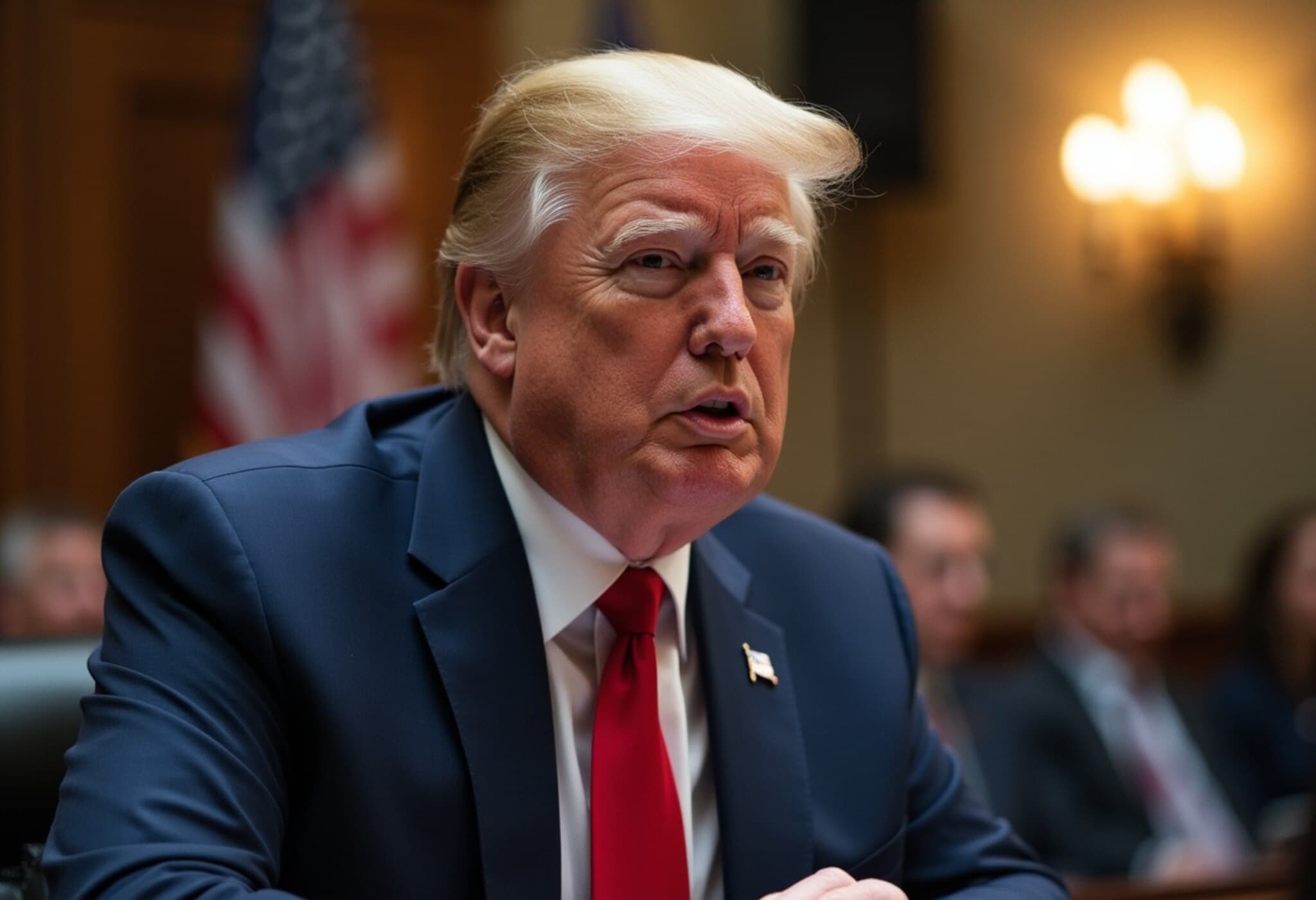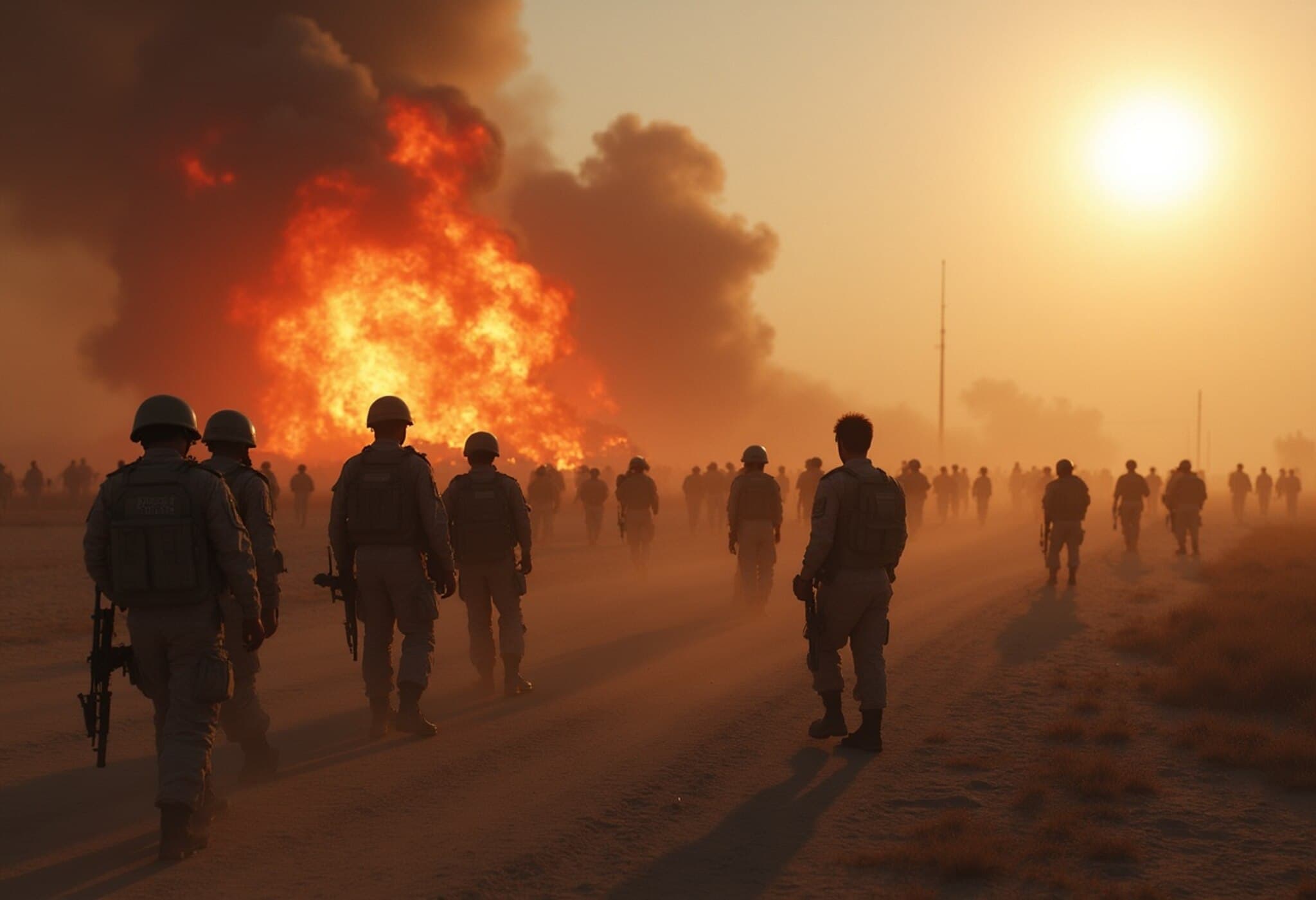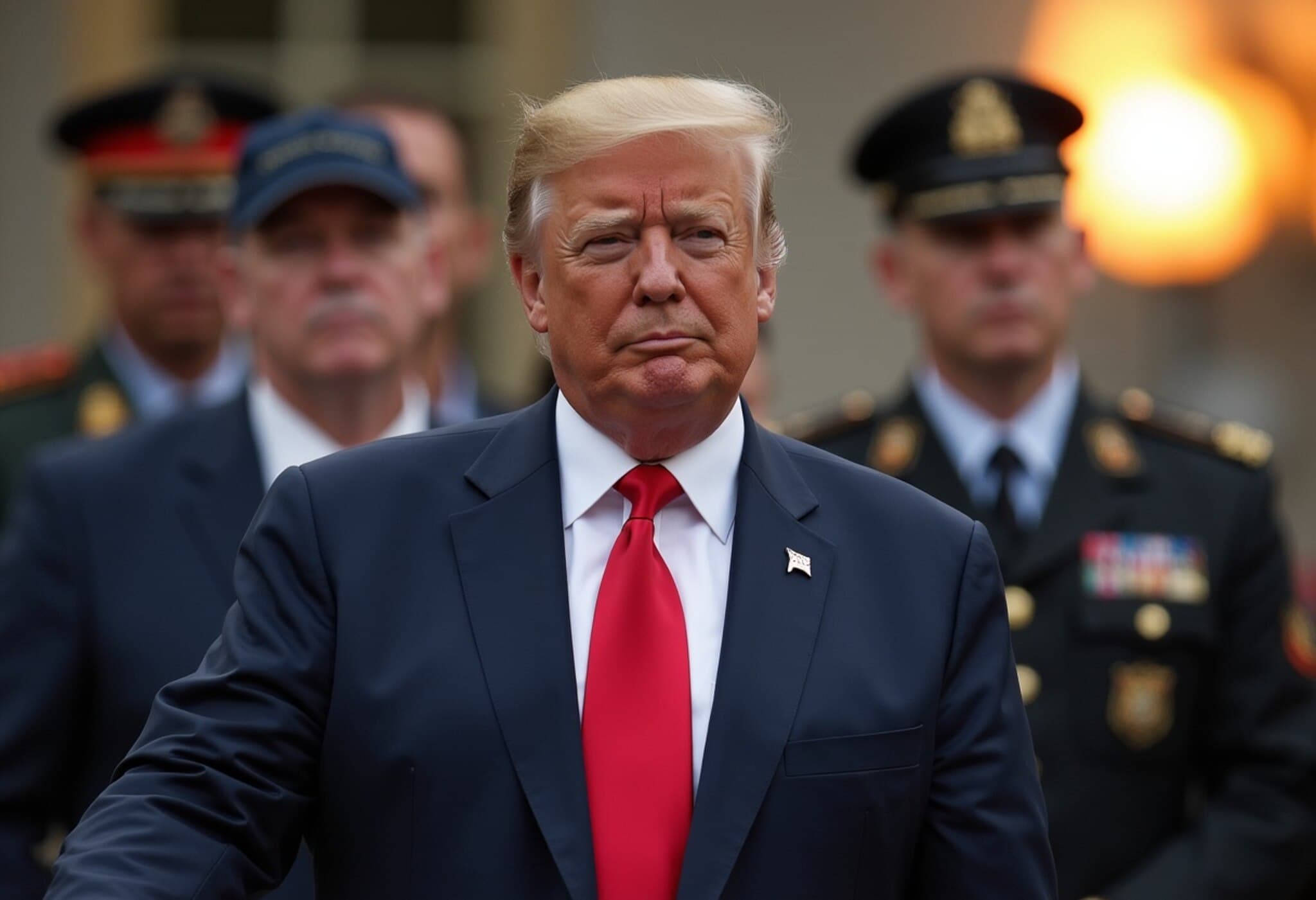JD Vance Declares Iran Incapable of Nuclear Weapon Development
U.S. Vice President JD Vance announced on Monday that Iran has lost the capability to develop a nuclear weapon following targeted U.S. military strikes that dismantled critical infrastructure.
From the Brink to Inability
Speaking in a recent interview, Vance acknowledged that Iran was previously on the verge of acquiring nuclear weapons technology. However, he emphasized that the decisive actions taken by the United States have altered the landscape significantly.
"Iran was very close to having a nuclear weapon," Vance stated. "Now Iran is incapable of building a nuclear weapon with the equipment they have because we destroyed it."
Strategic Impact of U.S. Strikes
The precision strikes reportedly targeted key Iranian nuclear facilities, effectively crippling their ability to continue research and development in this field. This development represents a critical moment in the ongoing efforts to prevent nuclear proliferation in the Middle East.
What This Means Going Forward
- Iran’s nuclear ambitions have suffered a significant setback.
- The U.S. reaffirms its commitment to stopping nuclear escalation.
- International vigilance remains essential to monitor Iran's activities.
While tensions in the region persist, this recent assessment suggests a temporary halt to Iran’s nuclear weapons program due to damaged infrastructure and disrupted supply chains.

